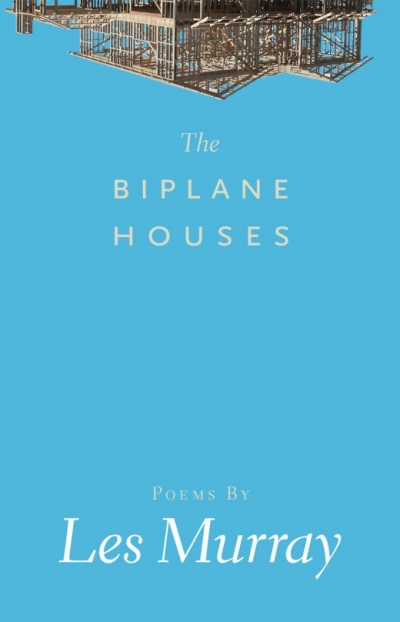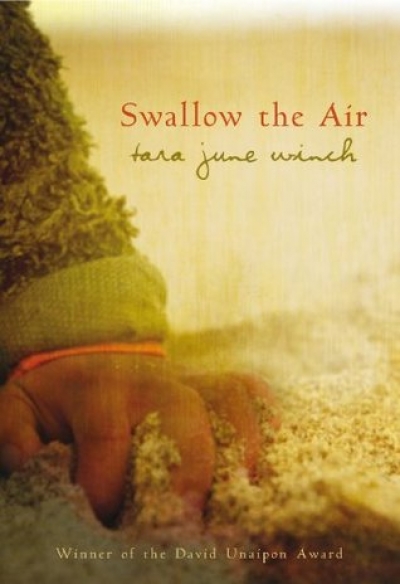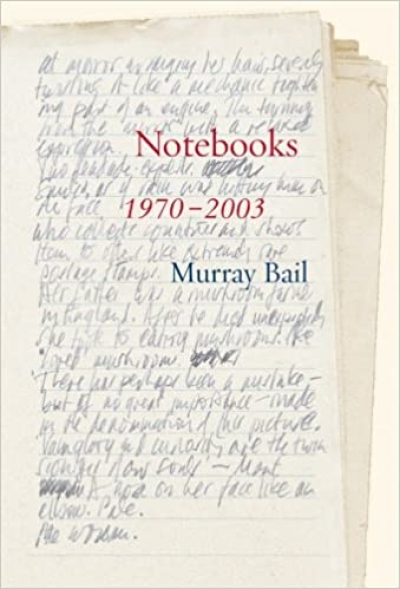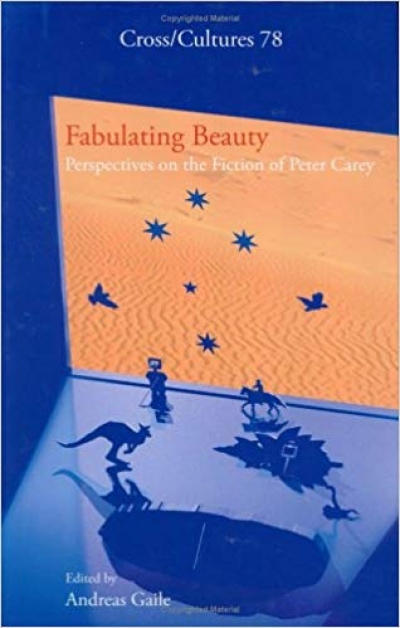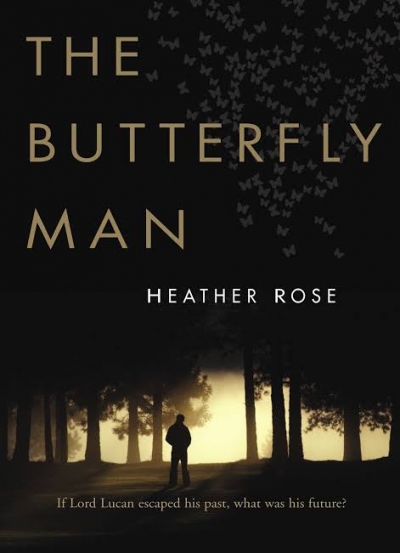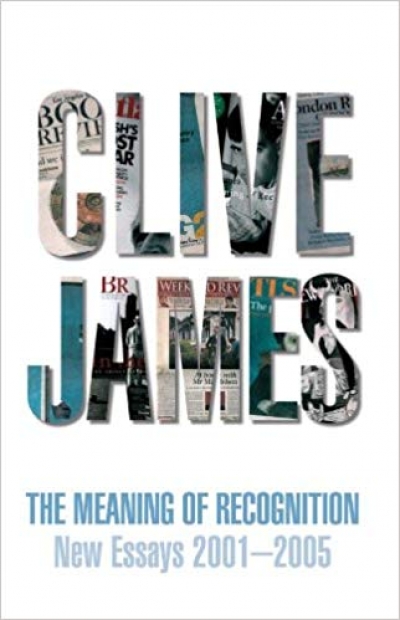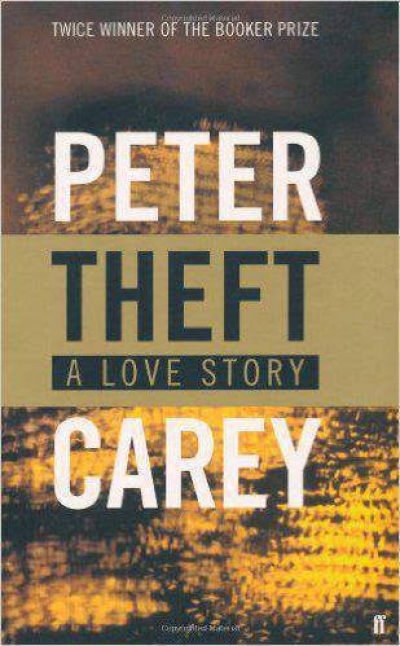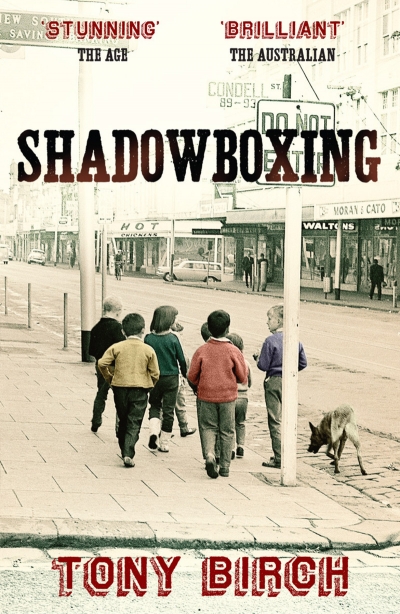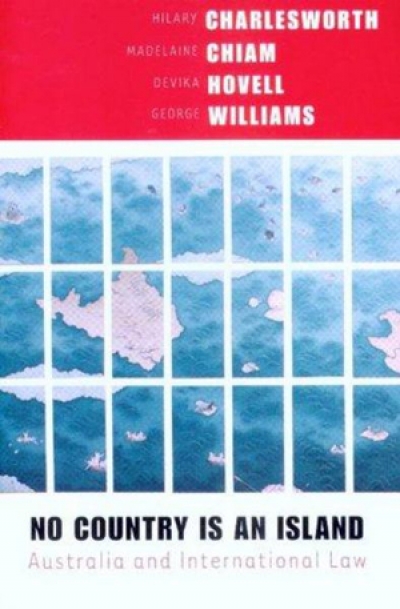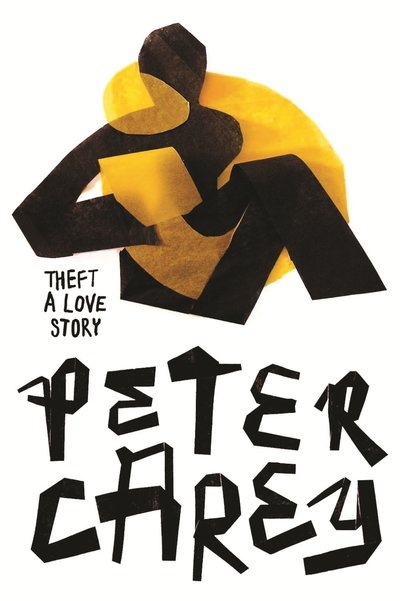In the last essay in this collection, Robert Macfarlane touches on the main reasons why Peter Carey’s novels ‘have proved so very attractive to academic exegetes’, in their combination of the postmodern and the postcolonial. Just how attractive is demonstrated in the sixty-page bibliography, which is sure to be one of the most used parts of Fabulating Beauty, especially by overseas readers without access to the invaluable AustLit. Editor Andreas Gaile, a young German academic, notes in his introduction that Carey is now ‘the most widely commented-on living Australian author’. While Patrick White is currently well ahead, with more than twice as many critical items published on his work, Carey is catching up fast. Visit any bookshop, whether in Melbourne, London, or New York, and you will of course find many more titles by Carey than by White. If, as Simon During has argued, White was the perfect novelist for those wishing to argue for the academic significance of Australian literature in the 1950s and 1960s, then Carey has just as obviously caught the dominant theoretical currents of the past thirty years. While Tim Winton may sell just as well and, if ‘favourite book’ polls are any guide, be more loved, no one has yet published a major critical study of his work.
...
(read more)

